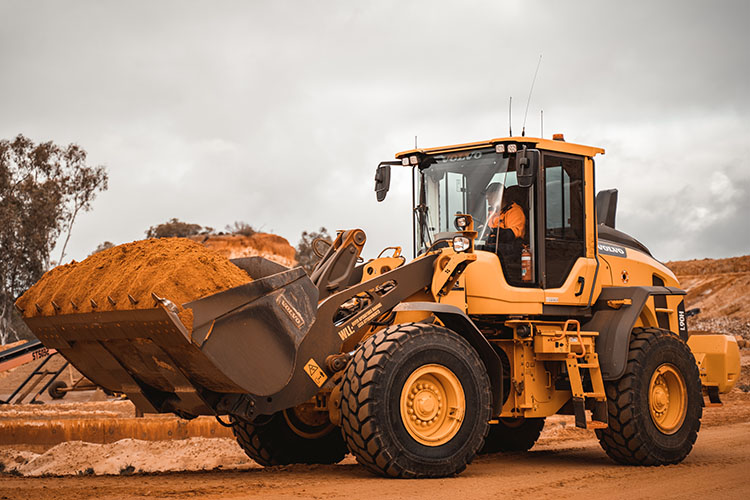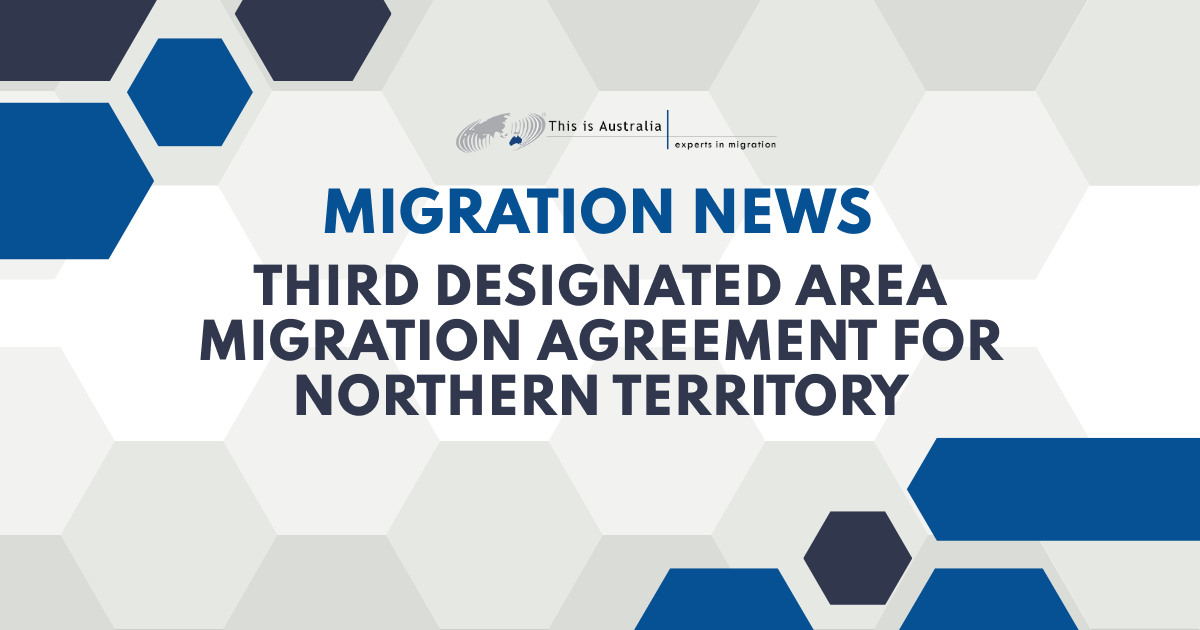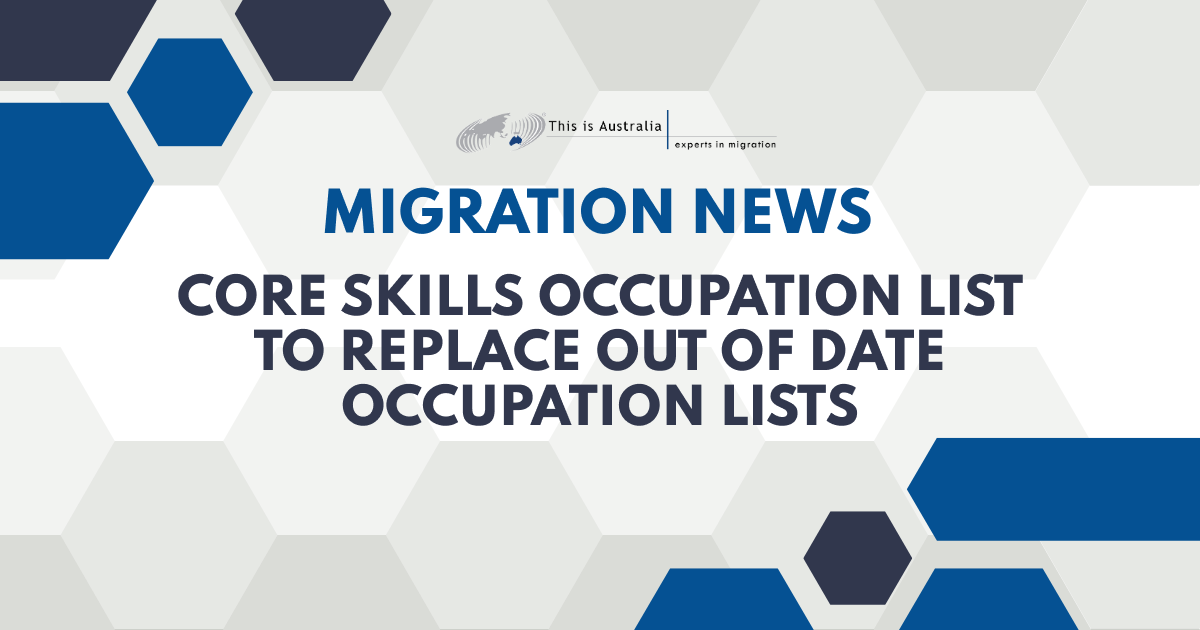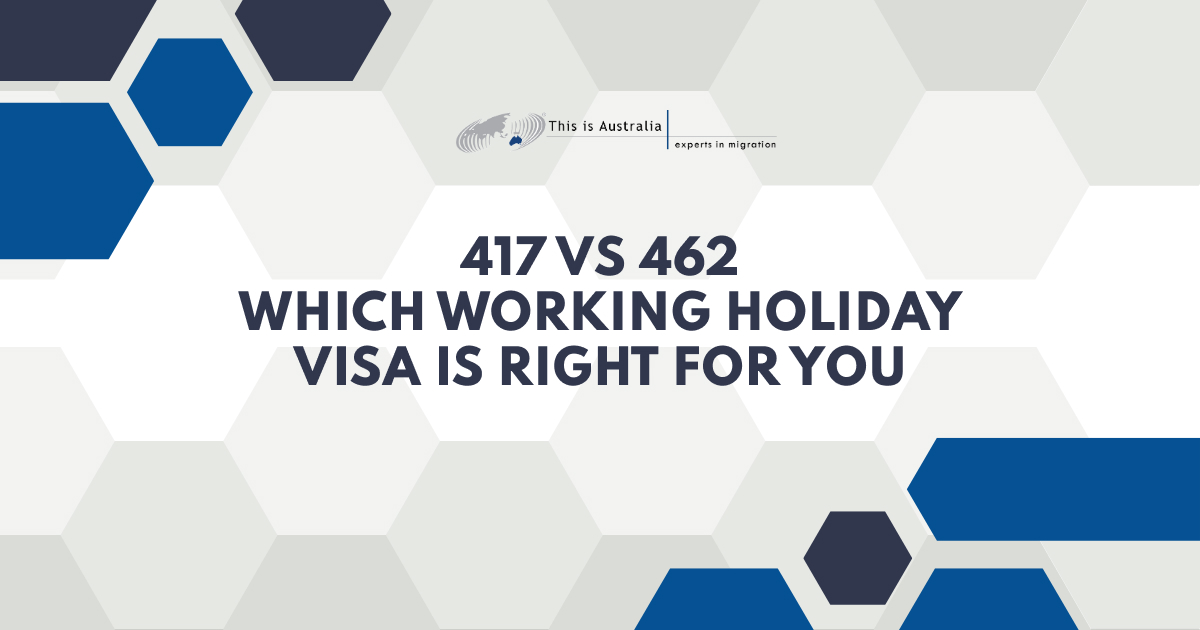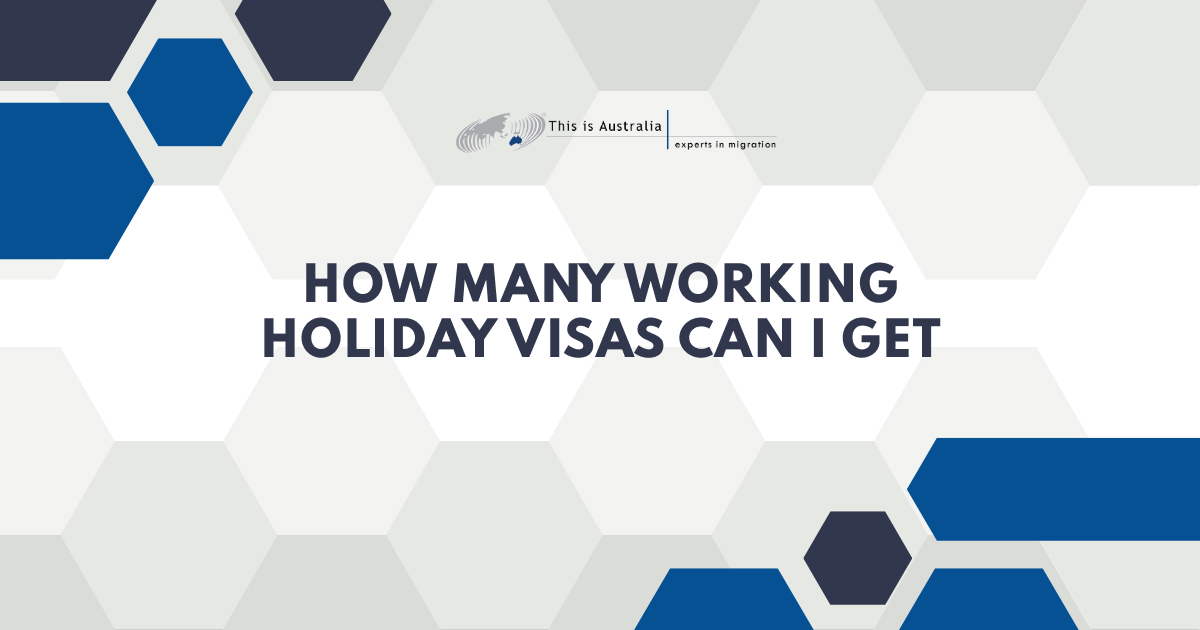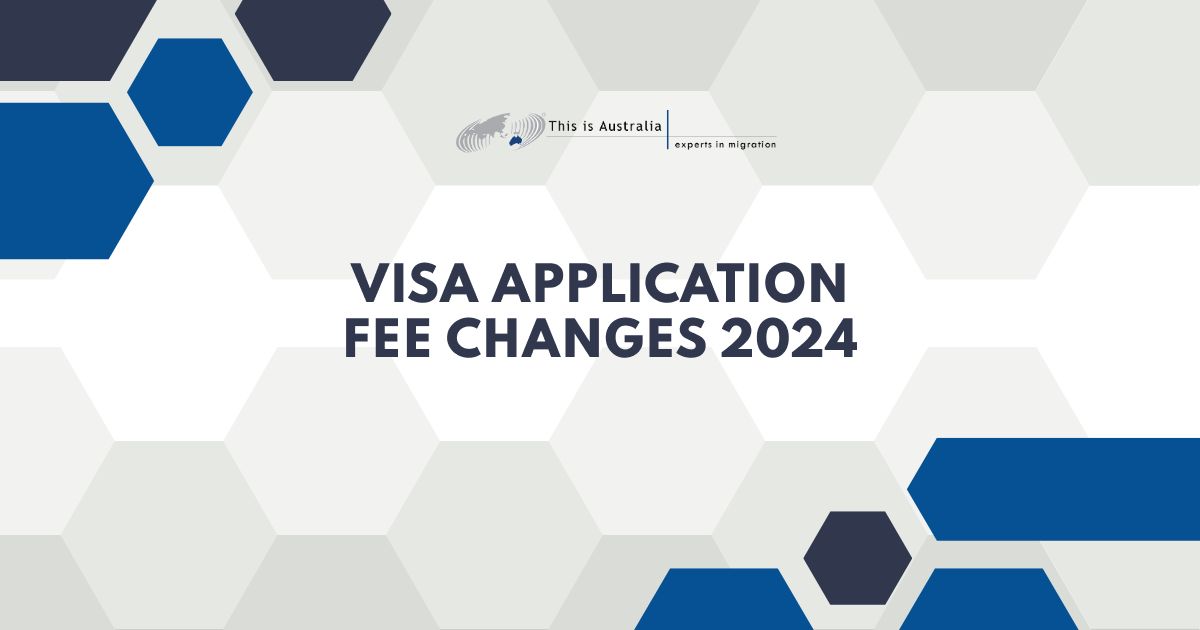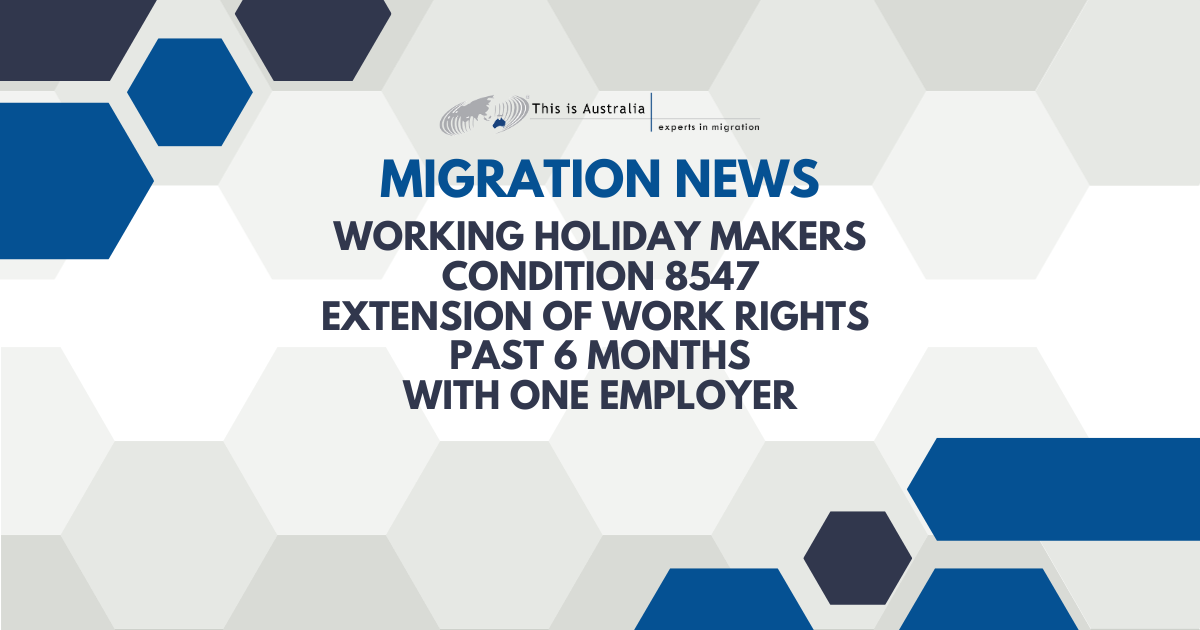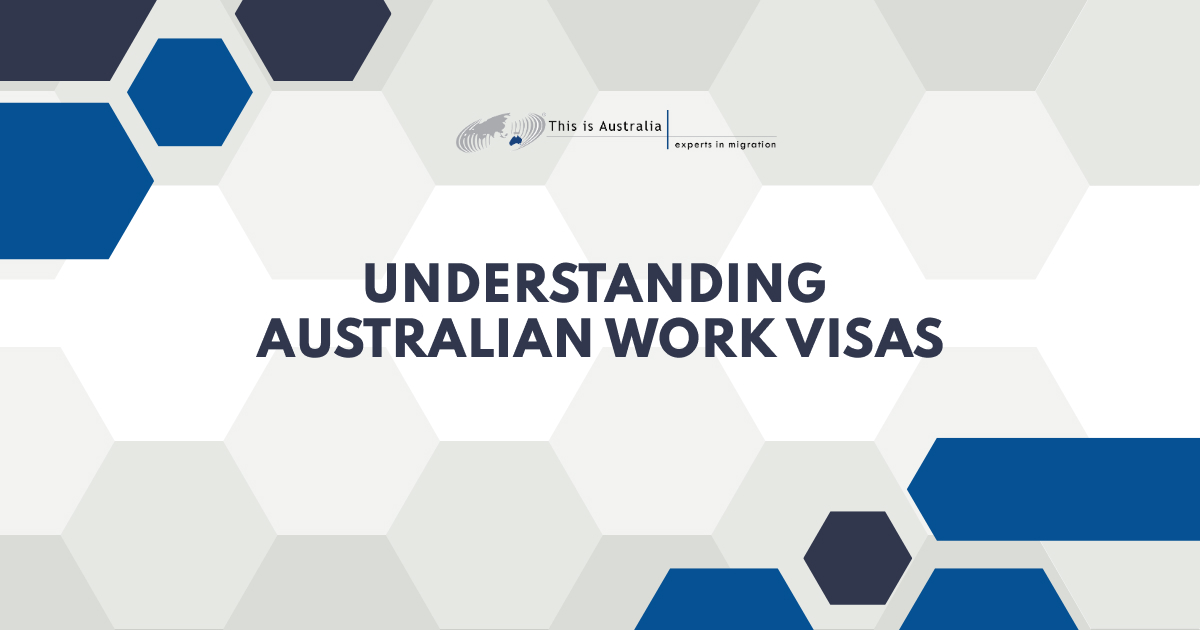Working Holiday Visa (Subclass 417)
Australia Working Holiday Visa (Subclass 417)

Backpackers Paradise, Bondi Beach, NSW
The Working Holiday Visa (subclass 417) is a visa for young adults who want to holiday and work in Australia for up to 3 years. It is a visa that encourages cultural exchange and closer ties between Australia and eligible countries.
You may apply for up to 3 Working Holiday visas. They are simply known as: first. second, and third Working Holiday visas. Each of the visas allow you to stay for 12 months each.
You must be offshore to apply for your first Working Holiday Visa.
Employers seeking to sponsor or hire foreign workers can visit our Australian Employer Services page.
Working Holiday Visas
First Working Holiday Visa
To apply for a first Working Holiday (Temporary) visa (subclass 417), you must:
- Be outside of Australia when you apply;
- Have not previously entered Australia on a Work and Holiday (Temporary) Visa (subclass 462);
- Hold a valid passport from a country involved in the Working Holiday Program with Australia;
- Be aged 18 to 30 (inclusive)
Note: Canadian, French and Irish citizens aged 18 to 35 years old (inclusive);
- Be a genuine visitor who wants to have a holiday in Australia;
- Have enough money to support yourself on a working holiday (about AUD 5000);
- Have enough money to buy a return or onward travel ticket at the end of your stay; and
- Not be accompanied by dependent children at any time during your stay.
You must hold a valid passport from a country involved in the Working Holiday Program with Australia.
Eligible countries are:
- Belgium
- Canada
- Republic of Cyprus
- Denmark
- Estonia
- Finland
- France
- Germany
- Hong Kong Special Administrative Region of the People's Republic of China (including British National Overseas passport holders)
- Republic of Ireland
- Italy
- Japan
- Republic of Korea
- Malta
- Netherlands
- Norway
- Sweden
- Taiwan
- United Kingdom and Northern Ireland
Second Working Holiday Visa
To apply for a second Working Holiday (Temporary) visa (subclass 417), you must:
- have complied with all the conditions on your first Working Holiday visa
- have not previously held more than one Working Holiday visa
- be 18 to 30 years old (inclusive) - except for Canadian, French and Irish citizens who can be 18 to 35 (inclusive)
- have completed three months of specified work in regional Australia while on your first Working Holiday visa
Three months (to qualify for second visa)
Specified work
'Three months' of specified work means a period equivalent to three 'calendar' months, which is taken to be a minimum period of 88 calendar days, including weekends or equivalent rest days during your period of employment.
To meet the three months specified work requirement you must actually work for the same number of days that a full-time employee would normally work in a three month (88 calendar day) period.
To apply for a second Working Holiday visa, you must have already completed three months of specified work in regional Australia. This specified work must have been completed while on your first Working Holiday visa.
Approved industries for specified work include:
Plant and animal cultivation
- the harvesting and/or packing of fruit and vegetable crops
- pruning and trimming vines and trees directly associated with the cultivation and commercial sale of plant produce, such as fruit and nut crops (commercial horticultural activities).
Note: This must be your primary employment task and general garden maintenance is not eligible.
- general maintenance crop work
- cultivating or propagating plants, fungi or their products or parts
- immediate processing of plant products
- maintaining animals for the purpose of selling them or their bodily produce, including natural increase
Note: Maintaining animals for tourism or recreational purposes is not eligible.
- immediate processing of animal products including shearing, butchery, packing and tanning
- manufacturing dairy produce from raw material.
Examples of eligible specified work in plant and animal cultivation:
- picking fruits on an orchard
- feeding and herding cattle on a farm
- horse breeding and stud farming
- conservation and environmental reforestation work
- zoo work involving plant or animal cultivation
Examples of ineligible specified work in plant and animal cultivation:
- working as a nanny on a farm
- secondary processing or provision of plant and animal products, such as:
- wine-making, brewing and distillation
- milling
- manufacturing of smallgoods
- retail of dairy or butchery products
- giving wine tastings at a vineyard
Fishing and pearling
No change
Tree farming and felling
No change
Work undertaken in the areas of plant and animal cultivation, fishing and pearling, and tree farming and felling must be described in the list above to meet the specified work requirement.
Mining
- coal mining
- oil and gas extraction
- metal ore mining
- construction material mining
- non-metallic mineral mining and quarrying exploration
- mining support services.
Examples of ineligible specified work in mining:
- performing specialised social science services (such as anthropological and archaeological assessments) for mining companies
- cooking/catering on a mine site
- cleaning the interior of mine complexes or buildings
Construction
- residential building construction
- non-residential building construction
- heavy and civil engineering construction
- land development and site preparation services
- building structure services
- building installation services
- building completion services
- other construction services
Examples of eligible specified work in construction:
- landscaping the grounds of a construction/house site
- painting the interior/exterior of new buildings
- erecting fences on a construction site
- scaffolding
Examples of ineligible specified work in construction:
- ship/boat building
- manufacturing materials used on a construction site (such as concrete or steel)
- town planning or architecture
The Australian New Zealand Standard Industrial Classification (ANZSIC) provides further detail about eligible work in mining and construction. Work undertaken in the mining and construction sectors must appear in the ANZSIC division for these sectors to meet the specified work requirement.
Bushfire recovery work
- construction, farming, or any other work in association with recovery or restitution of land, property, farm animals or wildlife
- providing support services or assistance to people living, working or volunteering in the affected areas.
Examples of eligible specified work in bushfire recovery:
- re-building fences destroyed in a bushfire affected community
- caring for wildlife in a bushfire affected community
- support work for volunteer organisations assisting victims of bushfires
- demolition of buildings, trench digging, land clearing and earth moving
- residential and non-residential construction or renovation/repair, including of roads, footpaths, bridges, parking lots, fencing, railways, dams, irrigation systems, sewage and storm water drainage systems
Examples of ineligible specified work in bushfire recovery:
- hospitality, cleaning or administrative work in a business that was not damaged by bushfire
- construction or renovation work in an area that is not a declared bushfire affected area
- work carried out on or before 31 July 2019
Critical COVID-19 work in the healthcare and medical sectors
- medical treatment, nursing, contact tracing, testing and research
- support services including cleaning of medical and health care facilities and equipment
Examples of eligible specified work:
- providing care to COVID-19 patients in a hospital
- research relating to COVID-19 treatment
- cleaning at a COVID-19 testing centre
Examples of ineligible work:
- general administration or cleaning work that is not in response to COVID-19
- selling personal protective equipment
Third Working Holiday Visa
To apply for a third Working Holiday (Temporary) visa (subclass 417), you must:
- have previously held 2 subclass 417 visas in Australia. If you haven't, see the first Working Holiday visa or second Working Holiday visa
- be 18 to 30 years old (inclusive) - except for Canadian, French and Irish citizens who can be 18 to 35 years old (inclusive)
- have undertaken, from 1 July 2019, 6 months of specified work while on your second Working Holiday visa, or a bridging visa in certain circumstances
Six months (to qualify for a third visa)
'Six months' of specified work is taken to mean a period equivalent to the six shortest 'calendar' months of the year, that is, a minimum period of 179 calendar days, including weekends or equivalent rest days during your period of employment.
To meet the six months' specified work requirement, you must complete the same number of normal work days or shifts as a full-time employee in that role and industry would normally work in a six month (179 calendar day) period.
You do not need to do your six months of specified work all in one go, or all with one employer. You are free to spread the work over the period of your stay in Australia. You can also undertake specified work for longer than the required minimum of six months.
You cannot complete the six month specified work requirement for a third Working Holiday (subclass 417) in a total period of less than six calendar months.
All of your six months of specified work must have been undertaken:
- on or after 1 July 2019; and
- while you held:
- your second Working Holiday (subclass 417) visa; or
- after your first Working Holiday (subclass 417) visa expired, a bridging visa that was granted before your first Working Holiday visa expired when you applied for your second Working Holiday visa.
Work undertaken while you held any of the following visas is not eligible:
- your first Working Holiday visa; or
- any other kind of visa, for example a student visa; or
- a bridging visa granted while you held any other kind of visa.
Regional areas
| State/territory | Postcode |
| Australian Capital Territory | The Australian Capital Territory is not classified as part of regional Australia. |
| New South Wales | 2311 to 2312 2328 to 2411 2420 to 2490 2536 to 2551 2575 to 2594 2618 to 2739 2787 to 2899 Note: Excludes Sydney, Newcastle, the Central Coast and Wollongong. |
| Norfolk Island | All of Norfolk Island is classified as part of regional Australia. |
| Northern Territory | All of Northern Territory is classified as part of regional Australia. |
| Queensland | 4124 to 4125 4133 4211 4270 to 4272 4275 4280 4285 4287 4307 to 4499 4510 4512 4515 to 4519 4522 to 4899 Note: Excludes the Greater Brisbane area and the Gold Coast |
| South Australia | All of South Australia is classified as part of regional Australia. |
| Tasmania | All of Tasmania is classified as part of regional Australia. |
| Victoria | 3139 3211 to 3334 3340 to 3424 3430 to 3649 3658 to 3749 3753 3756 3758 3762 3764 3778 to 3781 3783 3797 3799 3810 to 3909 3921 to 3925 3945 to 3974 3979 3981 to 3996 Note: Excludes Melbourne metropolitan area. |
| Western Australia | 6041 to 6044 6055 to 6056 6069 6076 6083 to 6084 6111 6121 to 6126 6200 to 6799 Note: Excludes Perth and surrounding areas. |
Bushfire affected areas
Bushfire recovery work carried out after 31 July 2019 eligible specified work for the purpose of a second or third Working Holiday (subclass 417) visa. View the list of postcodes.
We provide the support and advice you need to move forward with your Working Holiday Visa application in Australia.
This Is Australia can determine your eligibility for a work visa and provide you professional advice on the documentation, fees and submission process. Begin your pathway to permanent residency by contacting our migration agents via our booking form or call our Queensland office on (07) 5592 0755.
Related Visas

Work and Holiday Visa (Subclass 462)
